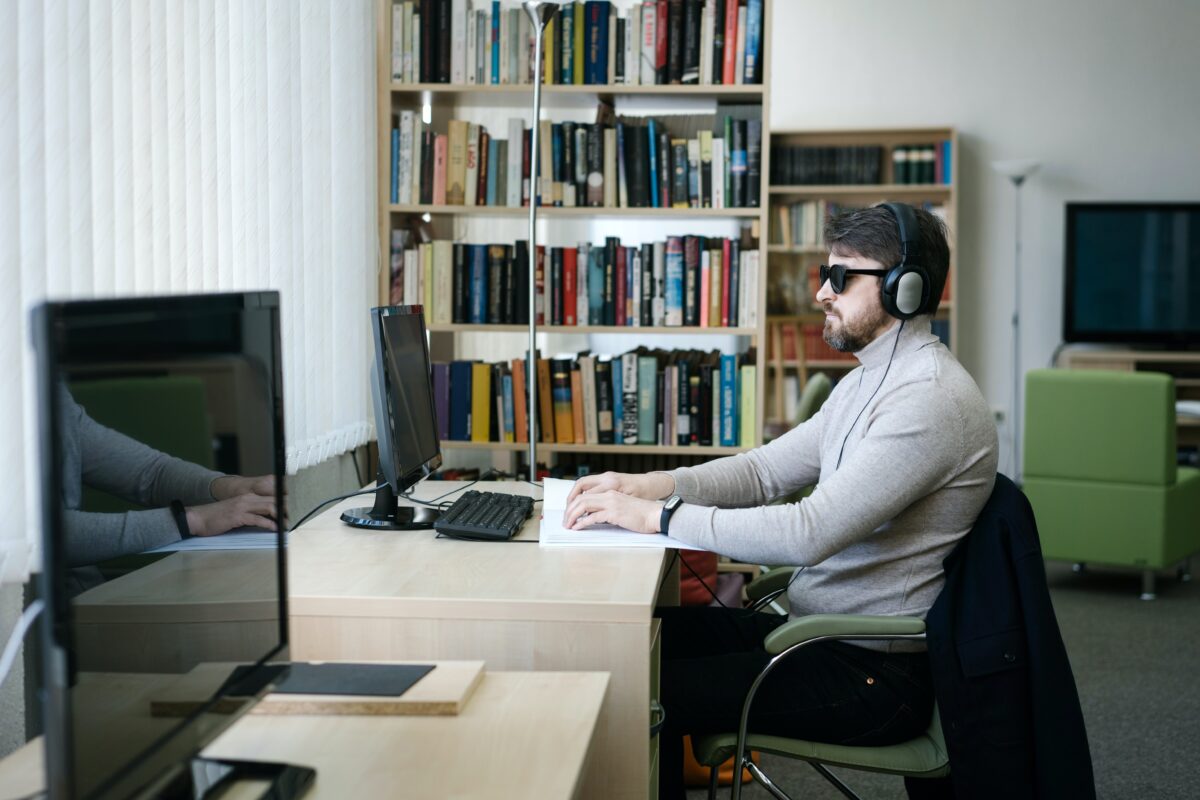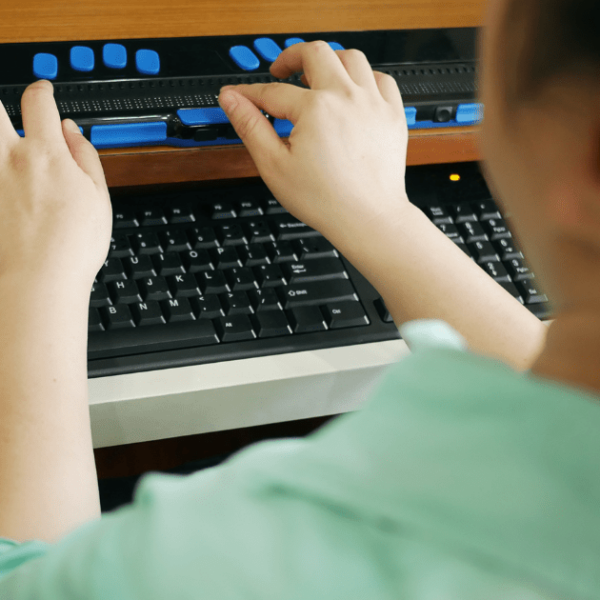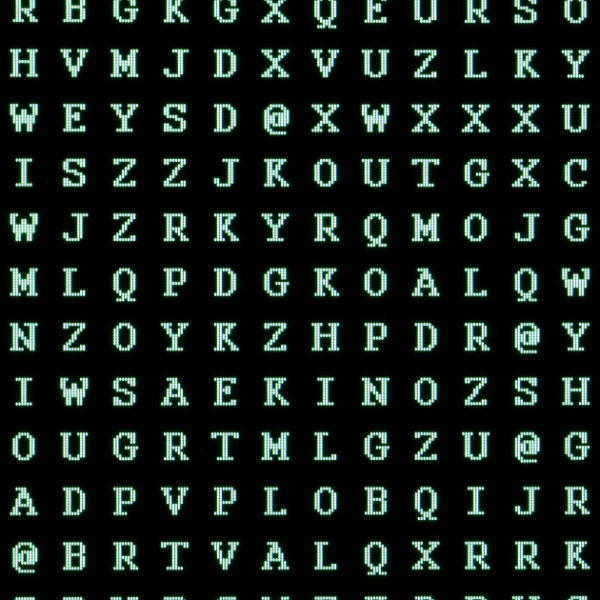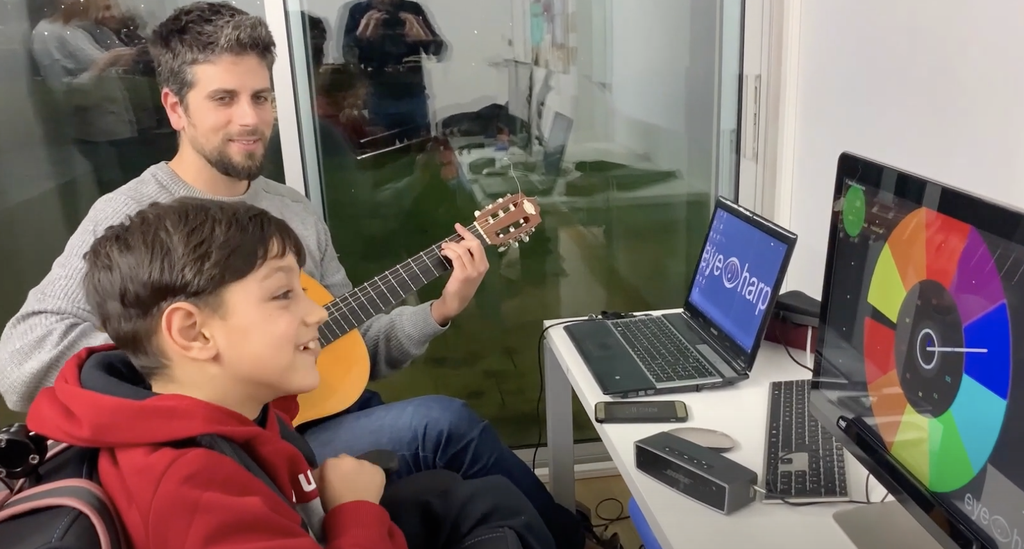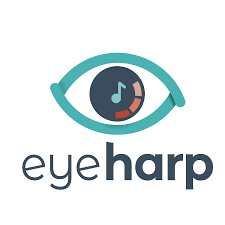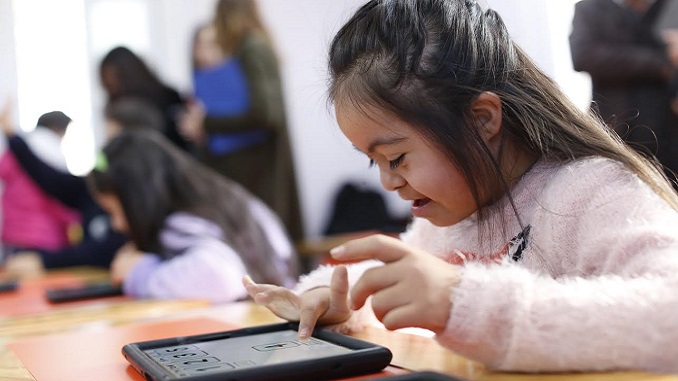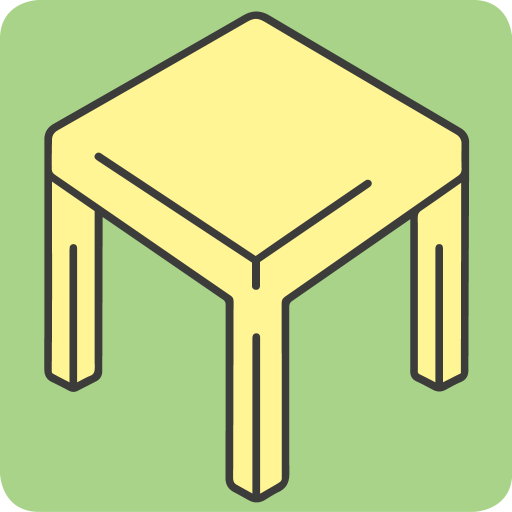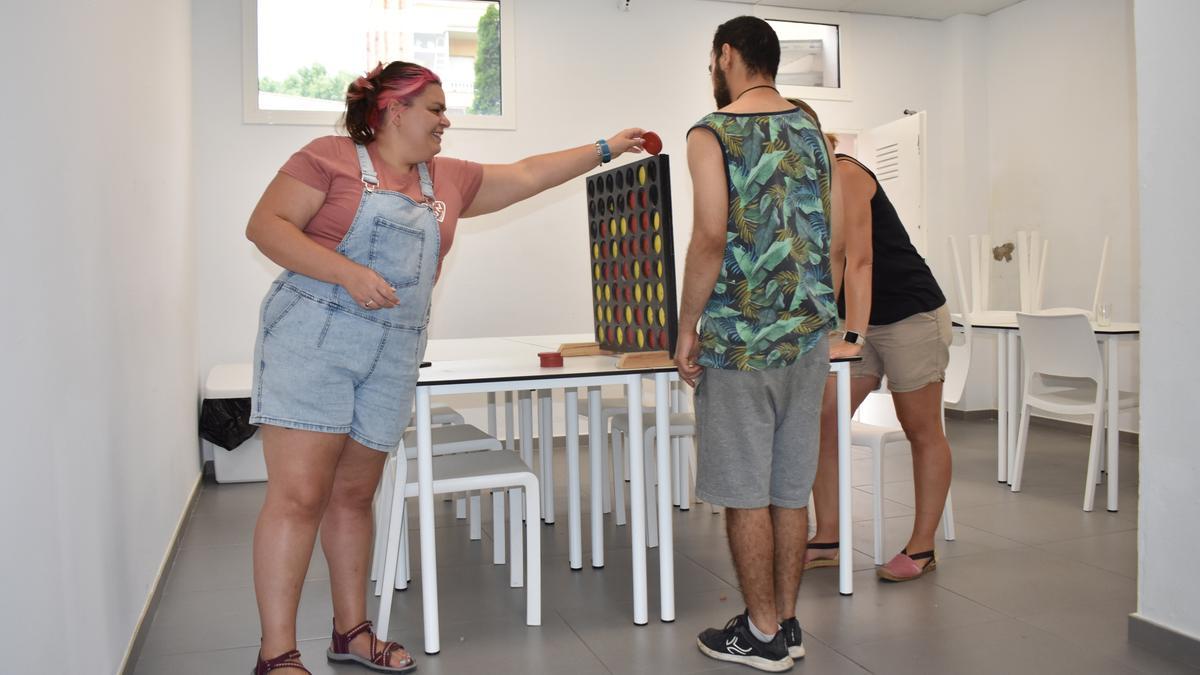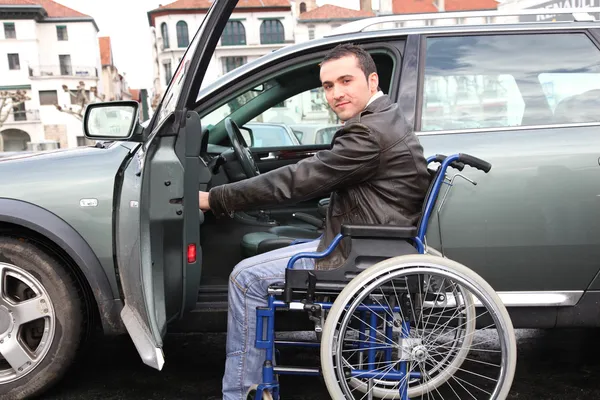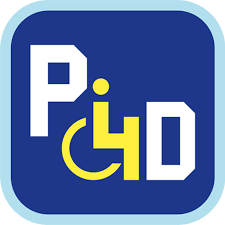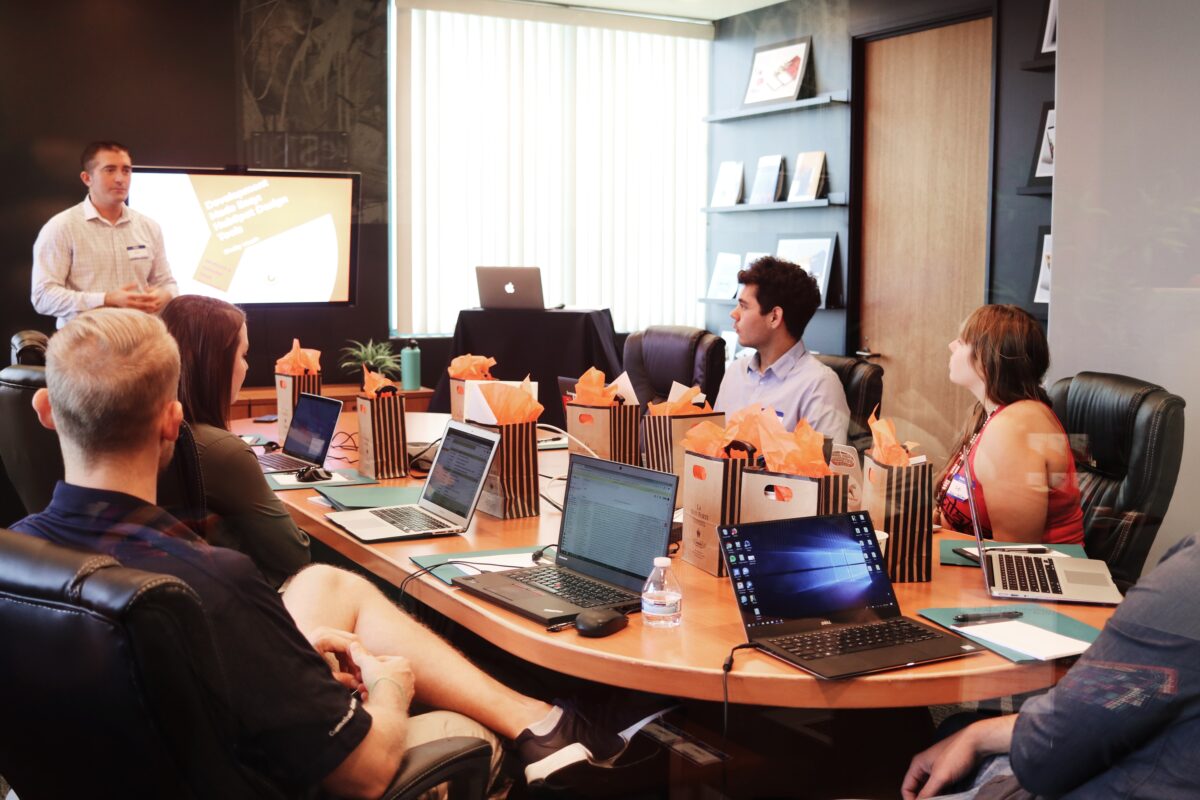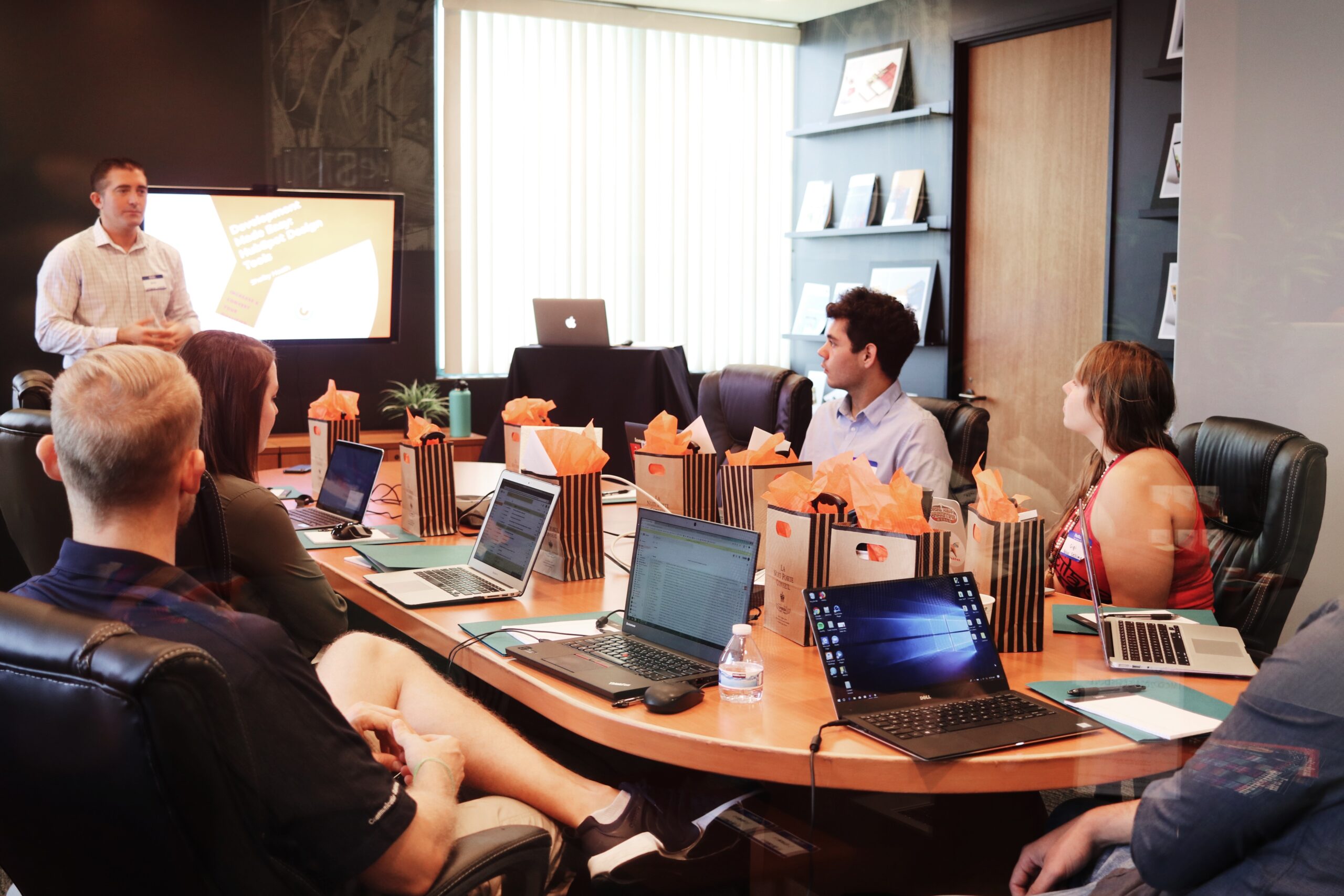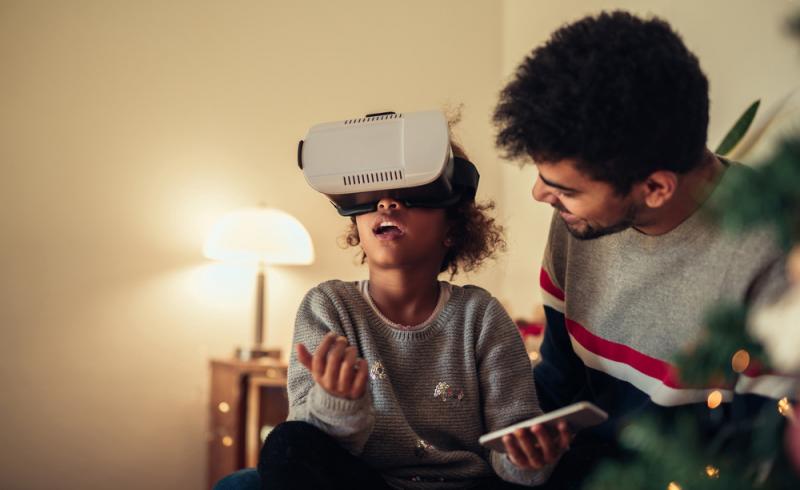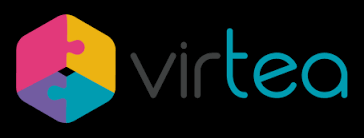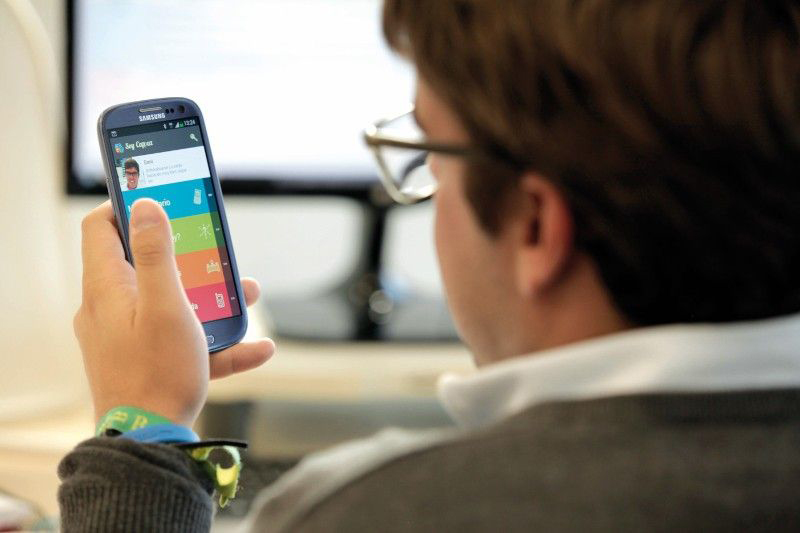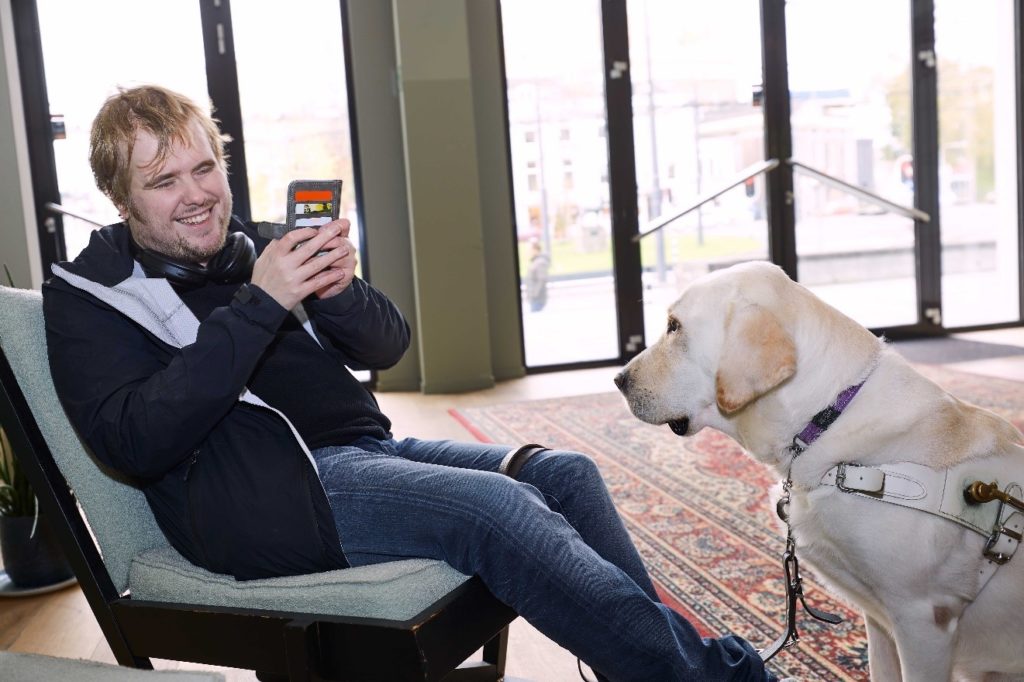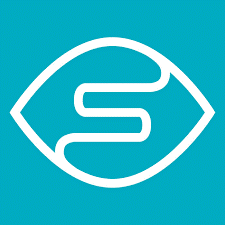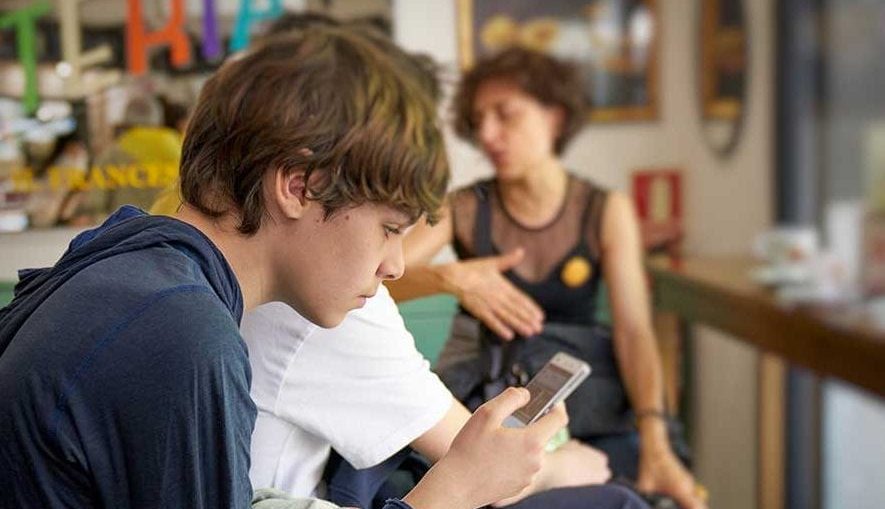Tiflolibros, digital library for people with visual impairment
Tiflolibros, digital library for people with visual impairment
Fundació Williams, ABC – OMPI, ISOC, Ashoka, COPIDIS
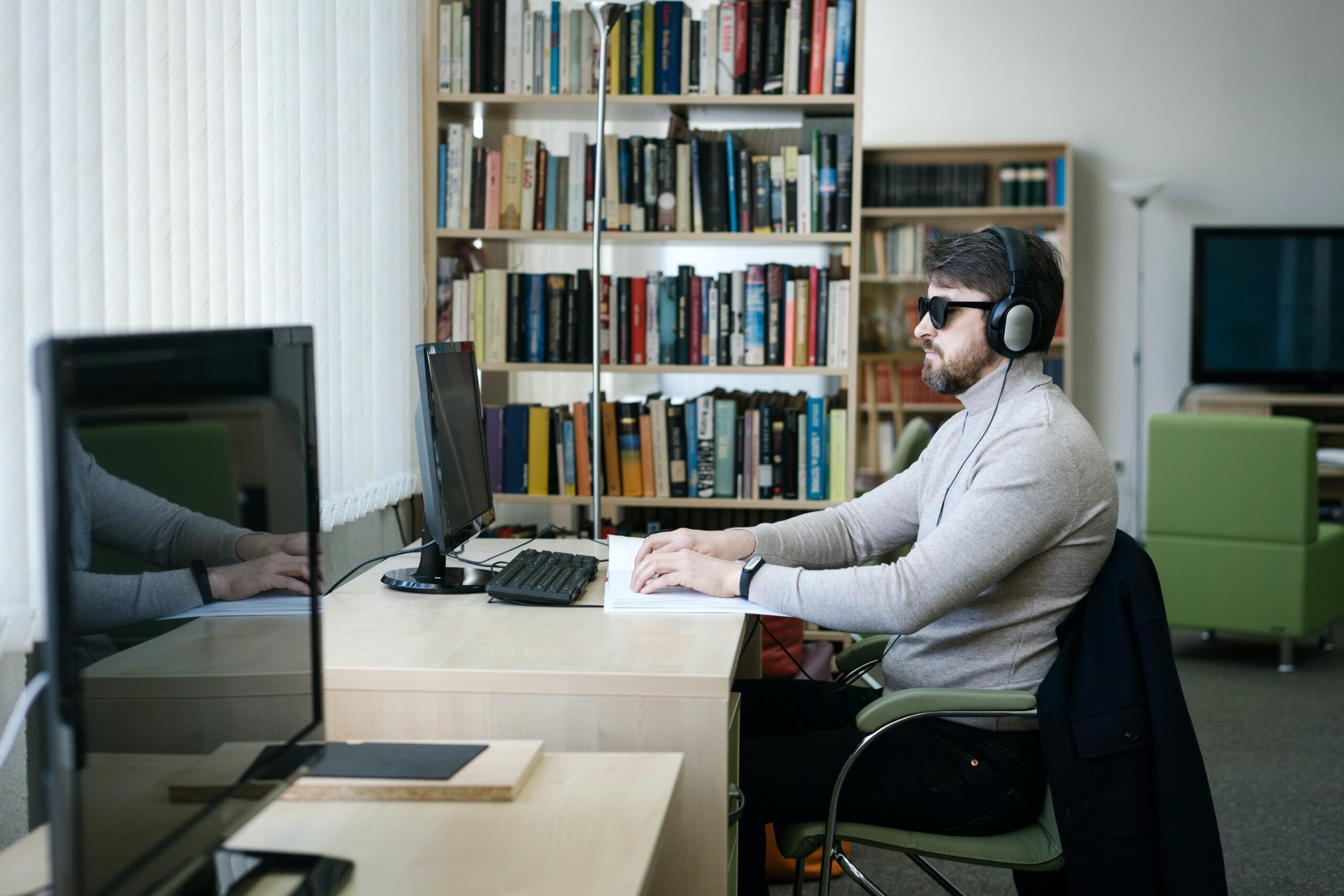
Spanish-speaking digital library with free access for the visually impaired. It counts on more than 60,000 books –in text files– that can be downloaded and read from any adapted device with a screen reader programme.
Tiflolibros is the first internet library specifically designed and available for Spanish-speaking people with some kind of visual impairment –blind and visually impaired people– or other difficulties –dyslexia and literacy learning disorders– that prevent access to reading. They can also use the institutions that offer support and services to these groups. The aim of the project is to extend access to reading and information by taking advantage of new technologies, thus contributing to improving the quality of life and favouring the autonomy of visually impaired people.
The library is built as a network, based on the contributions of books that various users and institutions digitise and works provided in digital files by the publishers and authors themselves. Once the files are digitised, it is with the help of a screen reader programme that the devices can output the written texts in the form of an artificial voice or as tactile lines in Braille.
Both access to the library and the downloading of books are free of charge once the registration process is completed. In order to register, it is necessary to provide a series of personal data and to prove the disability or difficulty in accessing conventional reading by presenting a disability certificate or card or a psycho-pedagogical or medical report. Currently, the Tiflolibros library is present in 48 countries and reaches more than 10,000 users with some kind of visual disability. Beyond that, the library is also a space for exchange and contact between visually impaired people from all over the world.
Characteristics of innovation
Localization
Argentina
Partners / Funders
The Tiflolibros library does not receive subsidies or stable funding from state bodies. It is financially supported by the creation and development of specific projects in competition with national and international organisations and foundations; the sale of educational products and services and donations from users and friends of the project.
Genesis
The Tiflolibros library initiative was born in 1999 in Buenos Aires. Following the development of the library, Tiflonexos was founded in 2001, a non-profit association with the aim of providing the library with a legal framework for action. Tiflonexos is currently developing the Tiflolibros project as well as other projects for the inclusion of visually impaired people through the use of new technologies.
Level of implementation
Throughout the project’s trajectory, Tiflolibros has received important awards and distinctions. Among many others, the Digital Empowerment of Persons with Disabilities Award, granted by UNESCO in 2016, and the Vidanta Award for outstanding and original projects carried out in Latin America and the Caribbean to reduce poverty, inequality and combat discrimination, granted by the Vidanta Foundation, the Organisation of American States and the Ibero-American General Secretariat in 2015.

Banc d’innovacions

